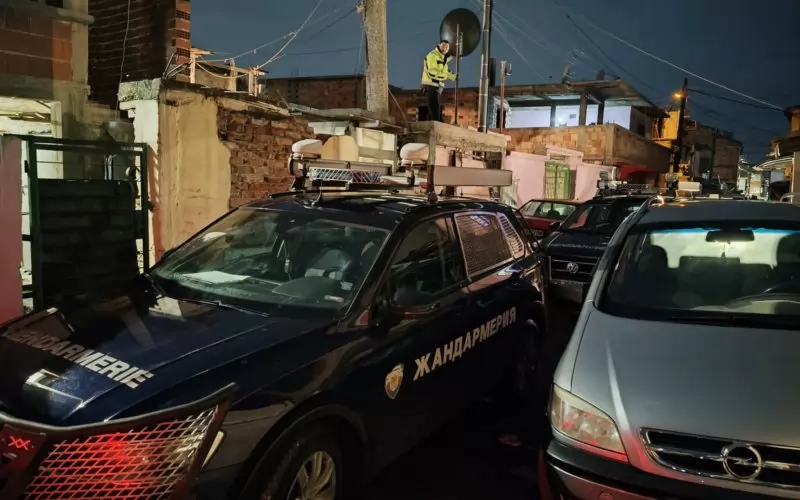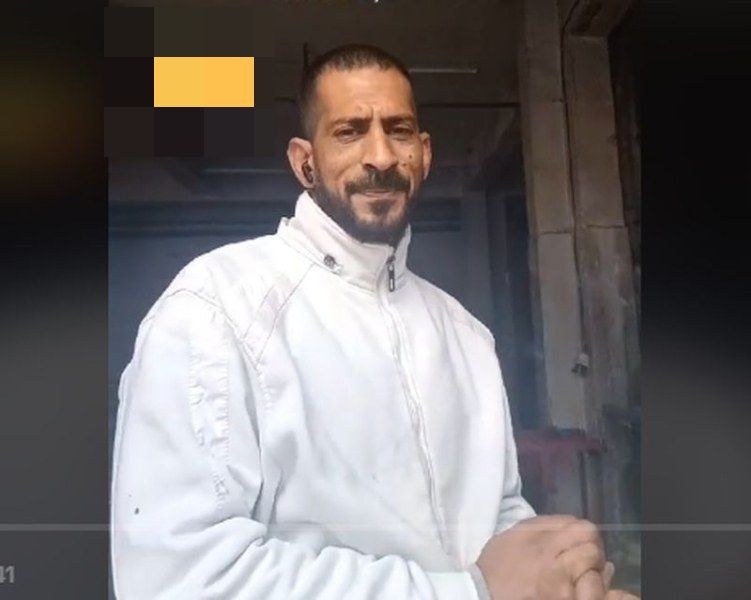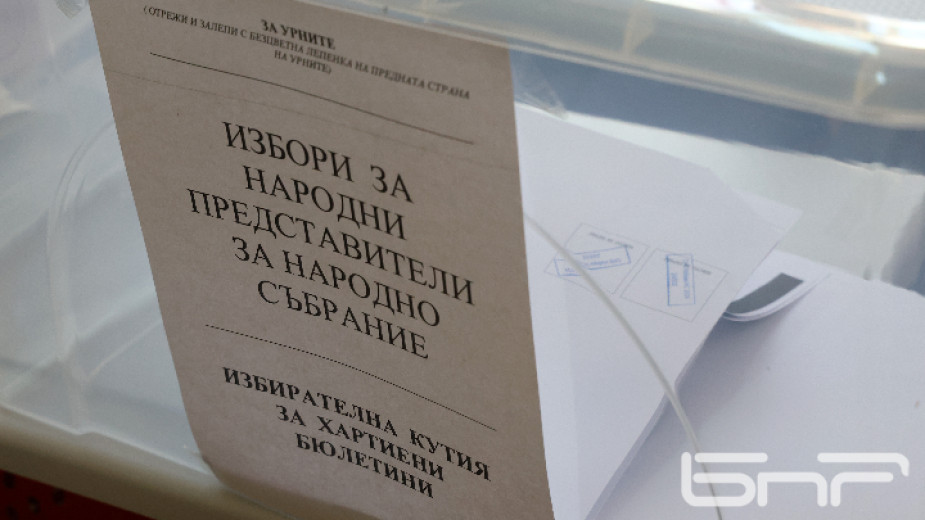Schmalzl (2013) reports on the deportation of a Rroma family back to Kosovo. Friends of the family were taken aback and expressed solidarity by lighting candles in the Youth Art School Mühlhausen, where the family had attended a painting course. The family was arrested in their house in the middle of the night by the authorities and brought to the airport. Once again, this case raises the question of the discrepancy between the real experiences of migrants in their home countries and the state views on minority protection and living possibilities. Schmalzl cites a young Rromni, who speaks of “violence, discrimination, and poverty” in Kosovo.
Bernhardt (2013) reports on a fire in an apartment building in Duisburg. Located on the Kirschstrasse in the Hochheide area of the city, this house is inhabited largely by immigrant Rroma. The fire department was able to extinguish the fire and evacuate 42 people who had fled to the roof of the house. According to the police, it is highly probable that this was arson. This raises legitimate concerns among residents and supporters of the victims. A few weeks ago, a parade of right-wing groups who protest against immigrant Rroma in Duisburg caused quite a stir. Connections between the arson and the far-right scene are therefore currently suspected. Various anti-fascist groups are calling for a better protection of the Rroma by the police.
Der Westen (2013) reports on a ruling of the Essen Higher Social Court. The court has ruled in a dispute between a Rroma family and the Jobcentre of Gelsenkirchen in favour of Rroma family. Between October 2010 and November 2011, the Jobcentre had not granted the father of the family any benefits since he could only stay in Germany in search for a job. This view is now contradicted the Essen Social Court: EU citizens without job who have stayed for a longer period in Germany are entitled to Hartz IV benefits. The Jobcentre will appeal the decision in front of the Federal Social Court. The decision is grist to the mill of those who warn of a mass immigration of poor migrants from Romania and Bulgaria, and who thus see the German welfare state as endangered. A journalist from der Westen thus stated in another article: “130,000 Romanians and Bulgarians are now entitled to Hartz IV: The decision of the highest North Rhine-Westphalia Social Court is significant because it now affects a significant group of people of about 130,000 claimants, said a spokesman of the court. Especially Romanians and Bulgarians living here and desperately seeking work now have rights to claim Hartz IV benefits. The municipalities could see now numerous new applications and thus new increased costs” ( 2013/II der Westen).
Blazejewski (2013) points to the fact that there are large discrepancies among politicians in terms of ideas about immigrants from Romania and Bulgaria. While many German local politicians, such as Reinhold Spaniel, assume an influx of low-skilled migrants, EU Social Affairs Commissioner László Andor sees in the immigrants young labour force for the growing German economy who pose no problem for the German social welfare system.
- Bernhardt, Markus (2013) Gefahr für Sinti und Roma. In: Junge Welt online vom 11.10.2013. http://www.jungewelt.de/2013/10-11/055.php
- Blazejewski, Ingo (2013) Duisburg siedelt die ersten Roma um. In: Der Westen online vom 8.10.2013. http://www.derwesten.de/region/rhein_ruhr/duisburg-siedelt-die-ersten-roma-um-aimp-id8537233.html
- Der Westen (2013) Jobcenter muss Roma-Familie Hartz IV nachzahlen. In: Der Westen online vom 10.10.2013. http://www.derwesten.de/staedte/gelsenkirchen/jobcenter-muss-roma-familie-hartz-iv-nachzahlen-id8547932.html
- Der Westen (2013/II) 130.000 Zuwanderer aus der EU haben Anspruch auf Hartz IV. In: Der Westen online vom 10.10.2013. http://www.derwesten.de/staedte/gelsenkirchen/130-000-zuwanderer-aus-der-eu-haben-anspruch-auf-hartz-iv-id8546326.html
- Schmalzl, Reiner (2013) Ausstellung in Mühlhausen als Protest zur Abschiebung von Roma. In: Thueringer-Allgemeine online vom 11.10.2013. http://www.thueringer-allgemei-ne.de/startseite/detail/-/specific/Ausstellung-in-Muehlhausen-als-Protest-zur-Abschiebung-von-Roma-771505454







